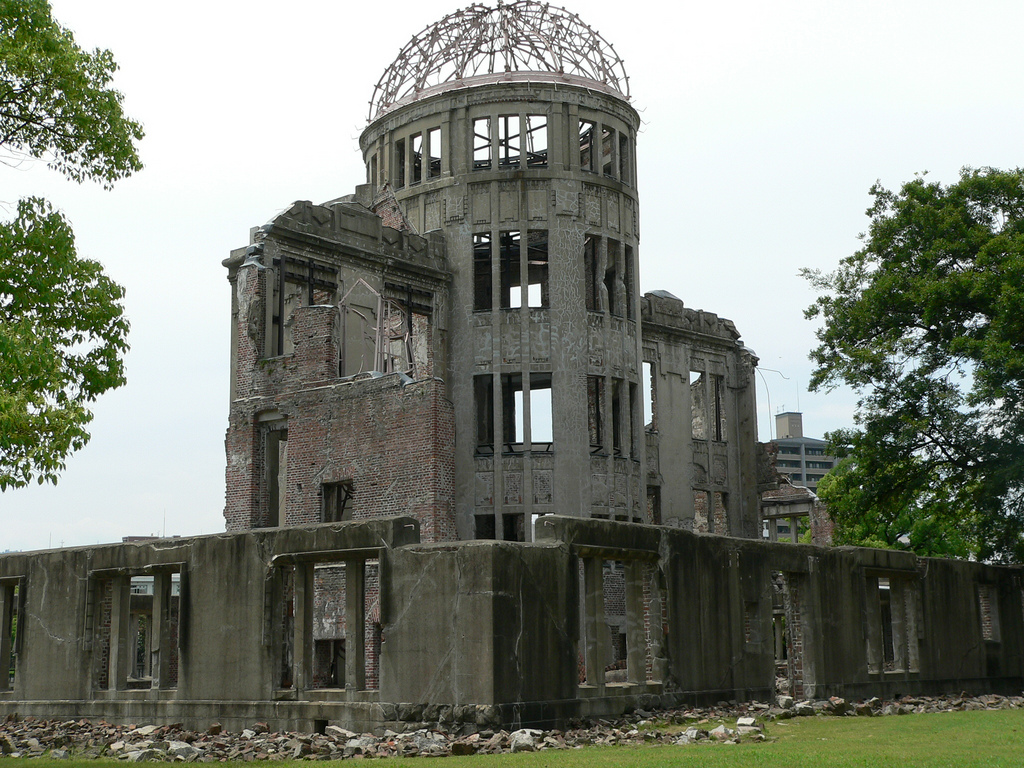Catastrophic threat of nuclear weapons

UNI Global Union is now a member of the International Campaign to Abolish Nuclear Weapons (ICAN) and is taking an active part in the initiative to free the world from the threat of nuclear destruction.
UNI’s General Secretary Philip Jennings attended a major ICAN civil society forum in Oslo in the lead up to a conference hosted by the Norwegian Government on nuclear weapons. 127 states along with several UN agencies and civil society participated in the event on the humanitarian impact of nuclear weapons.
UNI is committed to the ideal of a world without nuclear weapons and has hosted young Peace Ambassadors from Japan for several years during their annual visits to Geneva to petition the UN to ban nuclear weapons. The threat of nuclear weapons also featured strongly at UNI’s Nagasaki World Congress in 2010 and the Peace Forum in Nyon last year.
Jennings said, “UNI Global Union’s involvement with ICAN is a concrete follow up to our presence in Nagasaki and our desire for a world free of nuclear weapons. We have to break through for peace now and end the nuclear build up which will end in terrible destruction either by error or through design”
He added, “I was stuck by the energy of the ICAN campaign and the enthusiasm of their mainly young activists. They bring a great deal of creativity in the push to re-frame the discussion on the dangers of nuclear weapons. Their focus on humanitarian and dramatic environmental consequences of nuclear weapons will have a telling impact on public opinion. I look forward to continuing our engagement with them.”
UNI backs the ICAN approach which is to focus on the effects of nuclear weapons on people in terms of health, communities and the environment.
ICAN has 300 partner organisations in 70 countries and was launched in 2007. Prominent supporters include Desmond Tutu, Yoko Ono and the Dalai Lama. The current campaign is driven by the experience that led to treaties banning landmines in 1997 and cluster munitions in 2008. Those processes demonstrated the value of adopting a humanitarian-based approach, as the result of which, as ICAN observed, “new political coalitions were formed, longstanding deadlocks were broken, and two whole classes of weapons were outlawed.”
The ICAN event and Oslo conference were presented with research on the environmental, developmental and health consequences of nuclear weapons. The findings concluded that no international response plan could effectively be put in place to respond to such an event.
Dr Rebecca Johnson, ICAN Co-Chair, concluded: “This Conference has shown that any use of nuclear armaments would cause mass suffering, with calculations of climate disruption and famine in non-nuclear as well as nuclear-armed countries. This global impact makes it the responsibility - and right - of everyone to take action to stop this from happening. The P5 have missed an opportunity for dialogue here, but it has not stopped countries moving forward. On the contrary, Mexico’s welcome decision to host a further meeting on this issue recognises the nuclear weapon free countries have an important role to play.”
The conference ended with an invitation from the Mexican Government to organise a follow up event.

